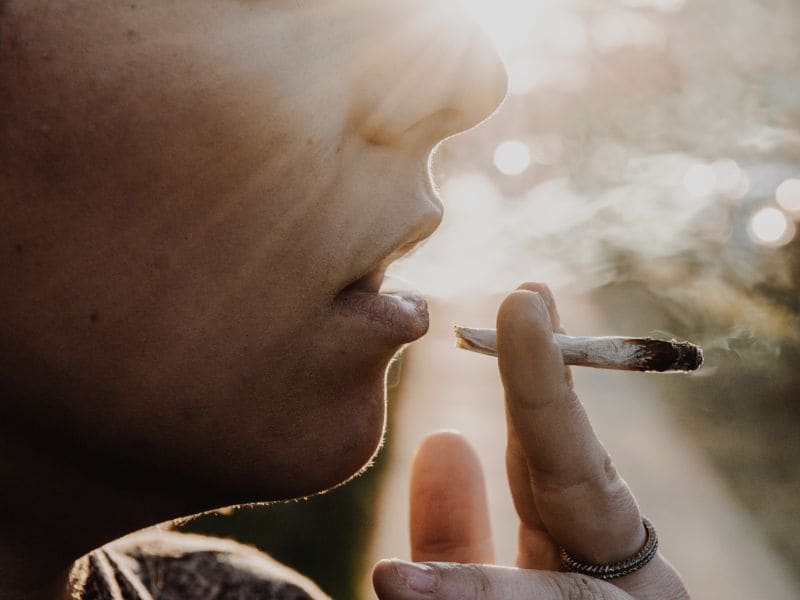Findings seen in middle childhood, especially for maternal cannabis use after knowledge of pregnancy
THURSDAY, Oct. 15, 2020 (HealthDay News) — Prenatal cannabis exposure is associated with a greater risk for psychopathology during middle childhood, according to a study published online Sept. 23 in JAMA Psychiatry.
Sarah E. Paul, from Washington University in St. Louis, and colleagues evaluated whether cannabis use during pregnancy is associated with adverse outcomes among offspring. The analysis included 11,489 children (52.2 percent boys; mean age, 9.9 years) with nonmissing prenatal cannabis exposure data collected from the longitudinal Adolescent Brain and Cognitive Development Study.
The researchers found that 5.7 percent of children were exposed to cannabis prenatally. Cannabis exposure only before maternal knowledge of pregnancy (3.6 percent) and exposure after maternal knowledge of pregnancy (2.1 percent) were associated with greater offspring psychopathology characteristics (i.e., psychotic-like experiences [PLEs] and internalizing, externalizing, attention, thought, and social problems), sleep problems, and body mass index, as well as lower cognition and gray matter volume, compared with children with no exposure. In a further adjusted analysis, exposure after maternal knowledge of pregnancy remained associated with greater PLEs and externalizing, attention, thought, and social problems.
“These data suggest that cannabis use during pregnancy should be discouraged by clinicians and dispensaries,” conclude the authors.
Abstract/Full Text (subscription or payment may be required)
Copyright © 2020 HealthDay. All rights reserved.

